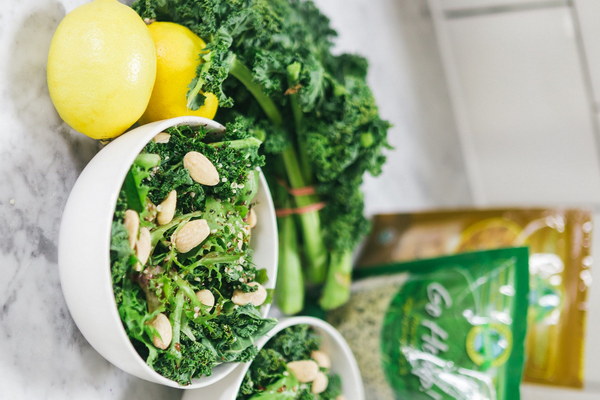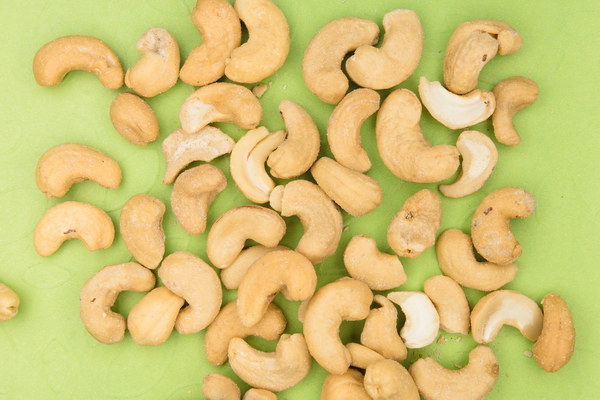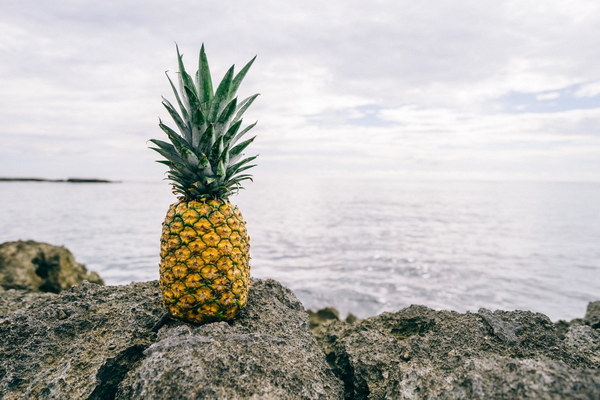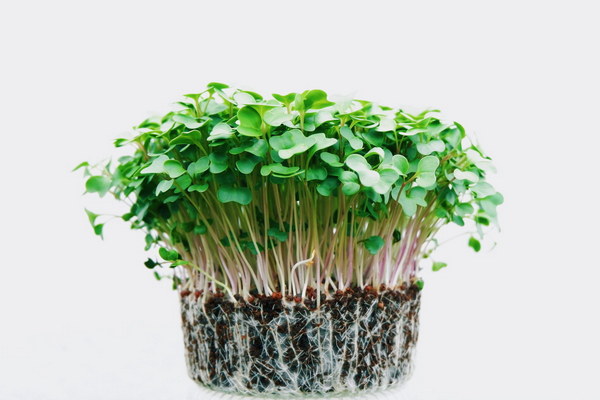Revitalizing the Spleen Stomach and Kidney Yang A Comprehensive Guide to Traditional Chinese Herbs
In traditional Chinese medicine (TCM), the balance and harmony of the body's internal organs are crucial for overall health and well-being. One of the most common imbalances is Spleen, Stomach, and Kidney Yang deficiency, which can lead to a variety of symptoms such as fatigue, cold limbs, and digestive issues. This article will delve into the concept of Spleen, Stomach, and Kidney Yang deficiency, and explore the efficacy of various traditional Chinese herbs that can help revitalize and restore balance to these organs.
Understanding Spleen, Stomach, and Kidney Yang Deficiency
In TCM, the Spleen, Stomach, and Kidney organs play a vital role in maintaining the body's energy and balance. Yang deficiency refers to a condition where the body lacks sufficient warmth and energy, leading to various symptoms. When the Spleen, Stomach, and Kidney Yang are deficient, it can result in the following symptoms:
1. Weakness and fatigue
2. Cold hands and feet
3. Poor digestion
4. Weak immune system
5. Back and knee pain
6. Weight gain

7. Low libido
Traditional Chinese Herbs for Spleen, Stomach, and Kidney Yang Deficiency
1. Astragalus (Astragalus membranaceus)
Astragalus is a well-known herb in TCM for boosting the immune system and improving overall energy levels. It is effective in tonifying the Spleen, Stomach, and Kidney Yang, and can help alleviate symptoms of deficiency such as fatigue and cold limbs.
2. Codonopsis (Codonopsis pilosula)
Codonopsis is another excellent herb for Spleen, Stomach, and Kidney Yang deficiency. It is known for its ability to strengthen the immune system, enhance energy, and improve digestion. It is also commonly used to treat chronic fatigue, weakness, and digestive problems.
3. Cinnamon (Cinnamomum cassia)
Cinnamon is a spice that has been used in TCM for centuries. It is believed to have warming properties that can help alleviate cold limbs and improve digestion. Cinnamon can also aid in regulating blood sugar levels, making it a valuable herb for those with diabetes.
4. Cinnamon bark (Cinnamomum cassia)
Similar to cinnamon, cinnamon bark is also used in TCM for its warming effects. It is believed to help improve circulation, alleviate cold limbs, and enhance digestion. Additionally, cinnamon bark is often used to treat joint pain and arthritis.
5. Eucommia (Eucommia ulmoides)
Eucommia is a potent herb used to strengthen the bones and joints, as well as to tonify the Spleen, Stomach, and Kidney Yang. It is commonly used to treat back and knee pain, as well as weak bones and joints.
6. Dang Gui (Angelica sinensis)
Dang Gui is a well-known herb for women's health, but it can also be beneficial for men with Spleen, Stomach, and Kidney Yang deficiency. It is known for its ability to nourish blood and regulate menstrual cycles, as well as to enhance overall energy and vitality.
7. Atractylodes (Atractylodes macrocephala)
Atractylodes is a herb that can help improve digestion and alleviate symptoms of Spleen, Stomach, and Kidney Yang deficiency. It is commonly used to treat bloating, gas, and other digestive issues.
Conclusion
Spleen, Stomach, and Kidney Yang deficiency can lead to a variety of symptoms that can significantly impact a person's quality of life. Traditional Chinese herbs, such as Astragalus, Codonopsis, Cinnamon, Eucommia, Dang Gui, and Atractylodes, can help revitalize and restore balance to these organs, alleviating symptoms and improving overall well-being. It is important to consult with a qualified TCM practitioner before starting any herbal treatment, as they can provide personalized advice and dosage recommendations based on individual needs.









